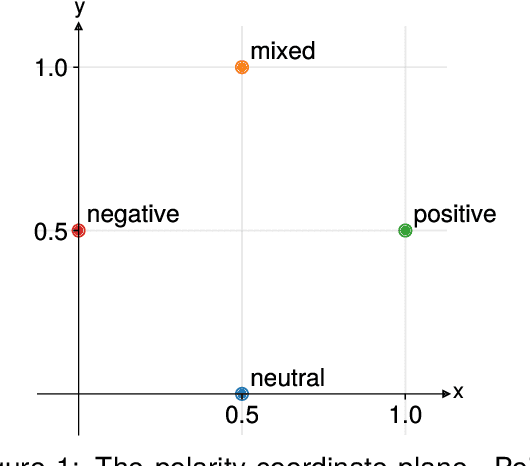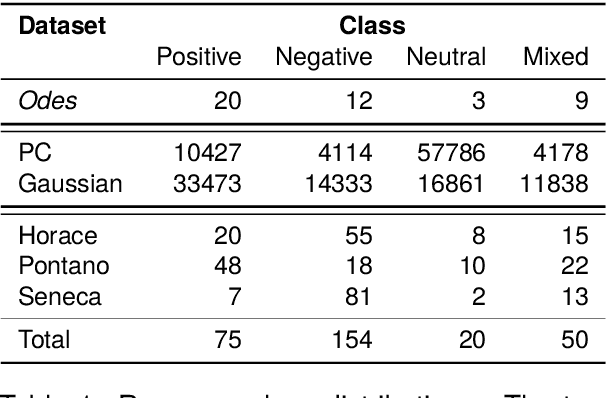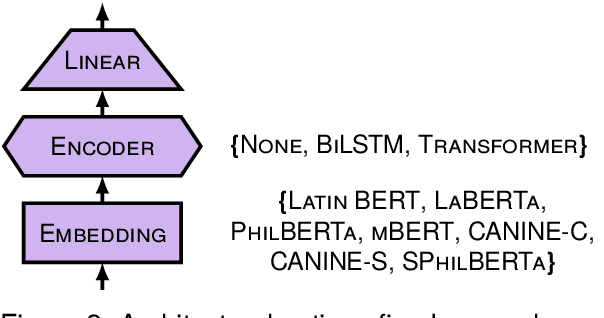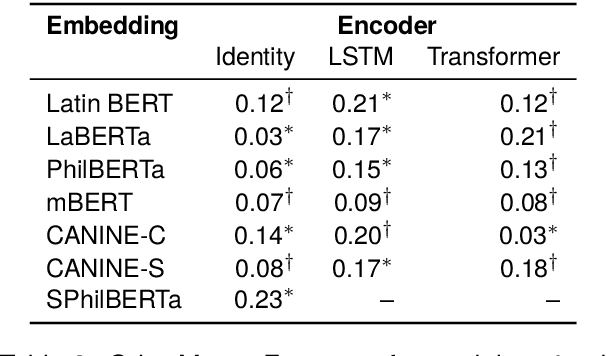Nostra Domina at EvaLatin 2024: Improving Latin Polarity Detection through Data Augmentation
Paper and Code
Apr 11, 2024



This paper describes submissions from the team Nostra Domina to the EvaLatin 2024 shared task of emotion polarity detection. Given the low-resource environment of Latin and the complexity of sentiment in rhetorical genres like poetry, we augmented the available data through automatic polarity annotation. We present two methods for doing so on the basis of the $k$-means algorithm, and we employ a variety of Latin large language models (LLMs) in a neural architecture to better capture the underlying contextual sentiment representations. Our best approach achieved the second highest macro-averaged Macro-$F_1$ score on the shared task's test set.
* Proceedings of the Third Workshop on Language Technologies for
Historical and Ancient Languages
 Add to Chrome
Add to Chrome Add to Firefox
Add to Firefox Add to Edge
Add to Edge